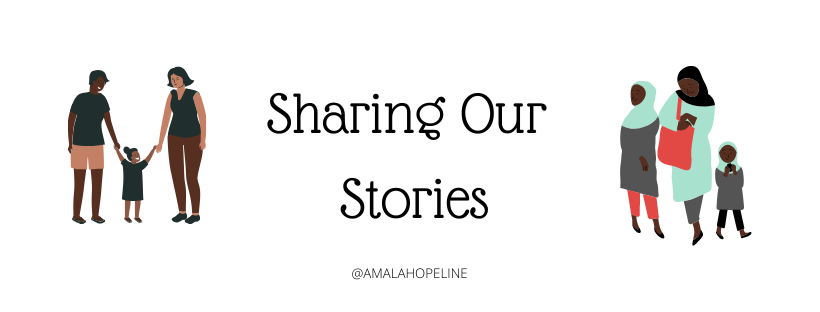The Myth of Fearlessness
Somewhere on our bucket lists/New Year’s Resolutions is a goal that we have to overcome something that scares us. Maybe it’s something like wanting to not be so terrified of insects or something like wanting to feel confident speaking in front of a group of people. Or maybe it’s facing the fear of standing up for yourself or putting yourself first instead of exhausting your emotions for others. Whatever the case is for you. No fear is less than another. To each person, their worst fear is terrifying and crippling no matter how it might sound to the next person.
So how do we overcome these fears that make us feel incompetent or weak? Well first there needs to be one clarification.
Where do fears come from?
Fear is a natural, innate reaction that we are blessed to have as an internal alarm to keep us safe from harm. Fear of heat and fire… that’s probably a good thing right. This keeps us safe. Fear or nerves can keep us at the top of our game when utilized in healthy ways.
What is fearlessness?
Fearlessness doesn’t mean you are without fear, it means you don’t let fear control you. This means that you might be terrified of cockroaches, but you don’t let it stop you from walking down your sidewalk to get the mail when you see one. Or maybe you’re afraid of public speaking, but you don’t let it stop you from sharing something you are passionate about.
Here are some analytic tools that you can use to manage your fears and not let your fears control you!
Find the root cause of your fear
There is always a reason for the things that we fear. Maybe it’s that bugs are gross and will transmit disease, or that talking in front of people will leave us vulnerable and exposed. Finding the cause of your fears can not only give you a place to start but help your fear feel more manageable.
Reason with your fear
Reason with your fear. In most fears, however small there is a legitimate reason for your fear. But is it applicable? If you see a cockroach on the way to the mailbox can you really get germs if you don’t touch it? If you are speaking to a group of people in order to perform your job well do you really have to be scared? What’s the worst that can happen? If you’re on a high balcony, what’s the worst that can happen? The house is very stable and was built well, just don’t hang over the railing.
Accept your fear
Accepting your fear and that role it plays is key. When you come up with a negotiation that works for you, it can be something quick to bring to mind when the fear starts to get overwhelming. Ex: in the middle of an important presentation and a quiet moment makes the anxiety start setting in. Try to focus on the negotiation and one positive thing that will come from managing this fear instead of pretending like it isn’t there. Saying to yourself “Remember everyone in this room needs to hear this to make our department stronger.” and “This presentation will help me get a promotion down the road because I am coming across as confident.
Never belittle your fears. It is real to you and you can manage your fears no matter how big or small.

Research shows that exposing yourself to your fears while using positive coping strategies will help you become more confident! Check out experts Michael Telch Kerry Ressler discuss Facing Your Fears on BrainFacts.
If you would like to talk to someone about some of your fears and anxieties contact our Helpline during our open hours!

If you would like to share your story send us a DM! You can request to include your name or we can post your story anonymously to share!
Let’s give each other hope and show each other we are not alone!
Facing your fears is never easy to do and everyone has a different way of doing it. Thank you Hafsa for giving your personal experience and insight!
“I used to hate public speaking. I was not a fan. I had felt somewhat nervous giving a speech to crowds of people. That was until I took a public speaking course at my community college. Overtime, I had gotten used to giving speeches to my classmates that it became less nerve wrecking.
Don’t get me wrong. I was still nervous, but not overtly as I used to be.
Being a little nervous gave me the enthusiasm that I needed to make me come across as someone who was passionate about her topic. For instance, I was distraught when I was giving a speech on the Palestine-Israel conflict. My professor made a comment on how I seemed to really care about the issue. I also received an A on the speech. This would not have been possible had I not been a little nervous.”
Give Amala Hopeline a Call on our free line! You are not alone!




